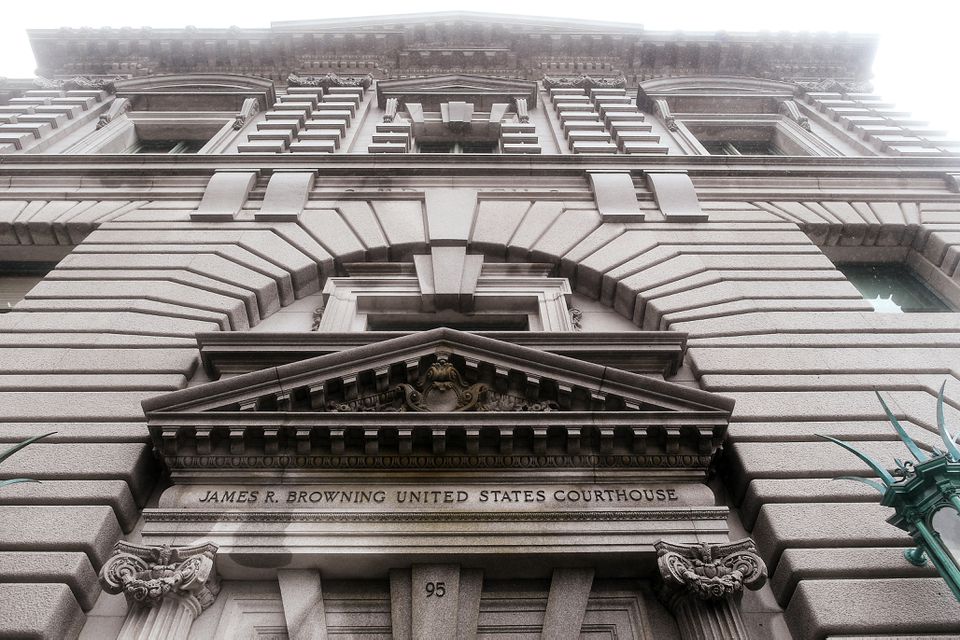The ninth U.S. Circuit Court of Appeals agreed with a dissident and tossed out a $10 million settlement and about $2.6 million in lawyers’ charges on Wednesday in a class activity against Massage Envy subsequent to discovering the arrangement required more examination under the Class Action Fairness Act.
The three-judge board concurred with dissenter Kurt Oreshack and his lawyers at the Hamilton Lincoln Law Institute’s Center for Class Action Fairness in emptying the settlement’s endorsement, tracking down that the arrangement qualified as a “coupon” settlement under the demonstration.
The board likewise found that U.S. Locale Senior Judge Maxine Chesney neglected to appropriately assess whether a few terms of the settlement could demonstrate conspiracy between the offended parties’ advice and Massage Envy in agreeing. The board presumed that the lower court insufficiencies were sufficient to abandon the settlement in its entirety.
The Class Action Fairness Act puts limitations on the lawyers’ expenses coming from settlements that grant class individuals vouchers for items or administrations, saying the charges should be founded on the reclamation worth of the vouchers.
Wednesday’s choice is especially prominent on the grounds that the redrafting court gave new data regarding what qualifies as a coupon settlement. The circuit had recently spread out a three-section test for judges to use in assessing repayments with vouchers, guiding them to consider factors, for example, regardless of whether the vouchers required class individuals to go through more cash to utilize them. Be that as it may, as Wednesday would see it, the board said the test’s three elements ought to be adjusted against each other and don’t need to all be met.
Requested remark about the choice, Center for Class Action Fairness originator Ted Frank alluded to his tweets, which showed he predicts more disarray over coupon settlements rather than less from the choice. “It’s worth millions to settling gatherings to attempt to game things, and this simply welcomes vulnerability and further prosecution later on,” he composed.
Insight for Massage Envy, Ted Boutrous of Gibson, Dunn and Crutcher, didn’t react to a solicitation for input, nor did a representative for the organization.
Jeffrey Krinsk of Finkelstein and Krinsk, who addressed the proposed class, said the group will continue to get a settlement endorsed. He said there was positively no danger of arrangement between his side and the guard, and saw the board’s remarks about the danger as a notice to the whole class activity bar.
“This was not an especially productive endeavor by offended parties’ advice,” Krinsk said.
The hidden case blamed Massage Envy franchisees for raising enrollment charges without the individuals’ endorsement. It got comfortable 2019, with the gatherings arriving at an arrangement that gave class individuals vouchers for administrations at Massage Envy establishments, as indicated by court records.
The arrangement put away $10 million to cover the vouchers for the class individuals that guaranteed them. The settlement incorporated a provision that said Massage Envy wouldn’t challenge the offended parties’ lawyers’ demand up to $3.3 million in charges, and another that said any distinction between that figure and the real sum granted would return to Massage Envy, the assessment said.
The re-appraising board said the provisos including the offended parties’ direction’s charges ought to have provided the adjudicator greater opportunity to stop and think.
“At the point when a repayment gives non-cash help and a reverter arrangement, a region court should be watching out for a lawyers’ charge grant that is falsely expanded corresponding to the alleviation given to the class,” the board composed.
Chesney, the preliminary court judge, didn’t quickly react to a solicitation for input.
The case is Baerbel McKinney-Drobnis, et al v. Back rub Envy Franchising, ninth U.S. Circuit Court of Appeals, No. 20-15539.
For the class: Trenton Kashima of Sommers Schwartz; and Jeffrey Krinsk and John Nelson of Finkelstein and Krinsk
For Massage Envy: Theodore Boutrous Jr, Kahn Scolnick, Martie Kutscher Clark, and Daniel Adler of Gibson Dunn and Crutcher; Luanne Sacks, Cynthia Ricketts, Robert Bader, and Mike Scott of Sacks Ricketts and Case
For Oreshack: Adam Schulman and Ted Frank of the Hamilton Lincoln Law Institute, Center for Class Action Fairness


